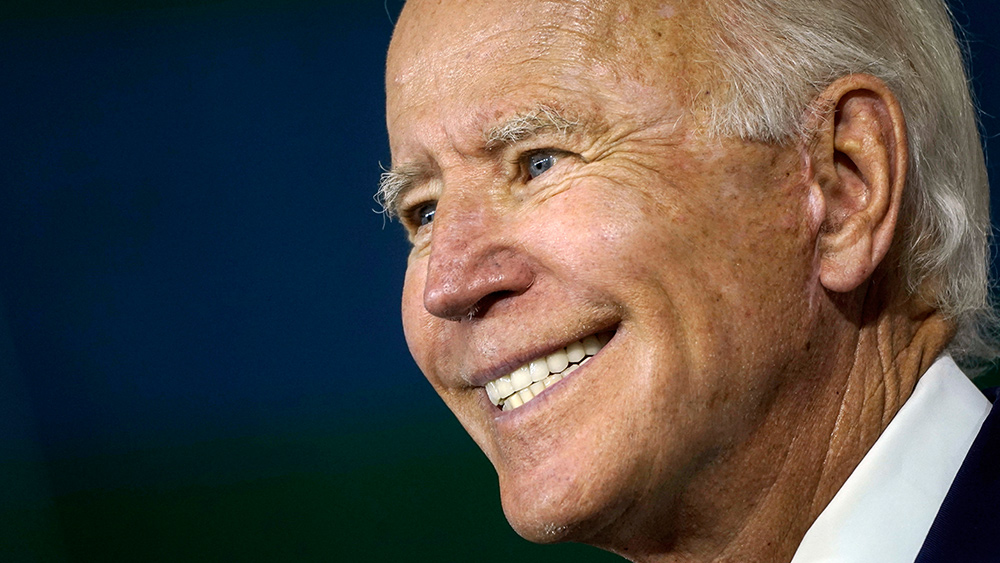 Parler
Parler Gab
Gab
CBDCs are destined to fail
As bleak as all this sounds, however, there is still a very good chance this plan could backfire. As investor Nick Giambruno points out, there will be people who want to use other options, and they’ll find a way to make it work. He writes: “For example, consider that Venezuela, Zimbabwe, Argentina, Lebanon and many other countries restrict the use of US dollars. However, all that does is create a thriving black market—or, more accurately, a free market—for US dollars and a parallel financial system. We can expect the same kind of dynamic if governments impose CBDCs. I have no doubt significant parallel systems and underground markets will naturally emerge.” The time to start understanding these alternatives is now, however, because CBDCs are going to be forced on many of us soon and it could take a while before they prove to be a failure. In fact, because CBDCs will inevitably force people to get familiar with digital currencies, they will also make it easier for people to understand and use decentralized digital currencies that can’t be used to control them, censor them, sanction them, or steal from them. Nigeria was one of the first countries to start adopting a CBDC, but the take-up rate in Africa’s biggest economy ended up being just 1 in 200 despite major governmental efforts to convince people to get on board. There were public protests, a cash shortage and widespread dissatisfaction. Following the introduction of their CBDC, inflation skyrocketed, and many people started adopting Bitcoin, making them harder to control and essentially having the opposite effect of what their government intended. Of course, there are other problems, too, like the lack of cybersecurity talent available to governments to help ensure their CBDCs are safe from hacking, and constant advancements in AI mean there will be no shortage of sophisticated threats to the system that they will need to stay on top of. Everything from CBDC accounts and exchanges to hardware, digital wallets and the human administrators who keep the system running are points of vulnerability that hackers can exploit. Although there is a good chance that CBDCs will be a spectacular failure, people who value their freedom need to be prepared and start investing in assets that are harder for central banks to trace and control. Sources for this article include: ZeroHedge.com ModernDiplomacy.euBy News Editors // Share
Senate Republicans REJECT bipartisan border security deal despite warnings from Democrats
By Laura Harris // Share
Governments continue to obscure COVID-19 vaccine data amid rising concerns over excess deaths
By patricklewis // Share
Tech giant Microsoft backs EXTINCTION with its support of carbon capture programs
By ramontomeydw // Share
Germany to resume arms exports to Israel despite repeated ceasefire violations
By isabelle // Share










